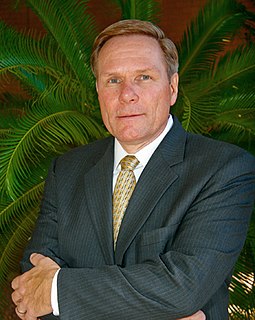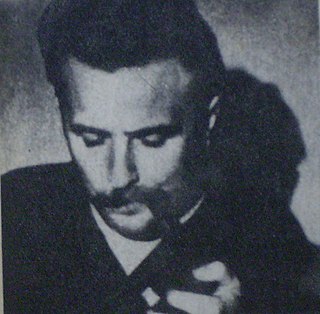A Quote by Alan Lightman
Although technology is proceeding at a dizzying pace, I believe that the human mind will always have control of itself. And since the human mind has a degree of infinity and imagination unlikely to be matched by a machine for a very, very long time, I don't think that we will become the machines of the machines.
Related Quotes
Although humans today remain more capable than machines for many tasks, by 2030 machine capabilities will have increased to the point that humans will have become the weakest component in a wide array of systems and processes. Humans and machines will need to become far more closely coupled, through improved human-machine interfaces and by direct augmentation of human performance
If the history of resistance to Darwinian thinking is a good measure, we can expect that long into the future, long after every triumph of human thought has been matched or surpassed by 'mere machines,' there will still be thinkers who insist that the human mind works in mysterious ways that no science can comprehend.
By the time of the Singularity, there won't be a distinction between humans and technology. This is not because humans will have become what we think of as machines today, but rather machines will have progressed to be like humans and beyond. Technology will be the metaphorical opposable thumb that enables our next step in evolution.
We should simply accept the fact that the way machines make decisions is different, and rather look at the result. If machines are providing results that we are looking for, you would mind how much human understanding was used in the process. And more likely we should look for the way of combining human skills and machine skills. And that, I believe, is the future role of humanity, is just to make sure it will be using this immense power of brute force of calculation for our benefit.
Every computer divides itself into its hardware and its software, the machine host to its algorithm, the human being to his mind. It is hardly surprising that men and women have done what computers now do long before computers could do anything at all. The dissociation between mind and matter in men and machines is very striking; it suggests that almost any stable and reliable organization of material objects can execute an algorithm and so come to command some form of intelligence.
The book itself is a curious artifact, not showy in its technology but complex and extremely efficient: a really neat little device, compact, often very pleasant to look at and handle, that can last decades, even centuries. It doesn't have to be plugged in, activated, or performed by a machine; all it needs is light, a human eye, and a human mind. It is not one of a kind, and it is not ephemeral. It lasts. It is reliable.
Although we will hate and fight the machines, we will be supplanted anyway, and rightly so, for the intelligent machines to which we will give birth may, better than we, carry on the striving toward the goal of understanding and using the Universe, climbing to heights we ourselves could never aspire to.
Mankind will possess incalculable advantages and extraordinary control over human behavior when the scientific investigator will be able to subject his fellow men to the same external analysis he would employ for any natural object, and when the human mind will contemplate itself not from within but from without.




































